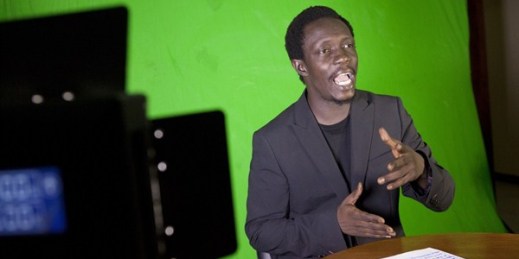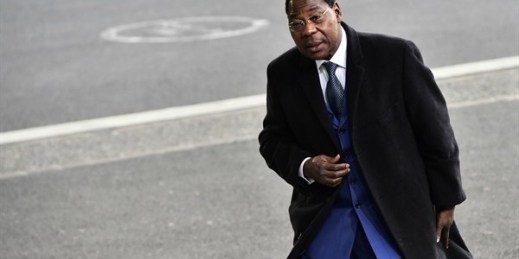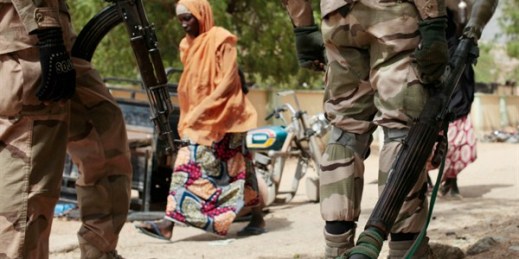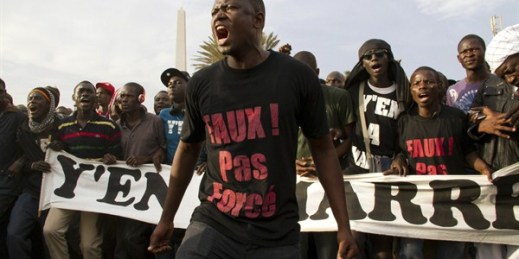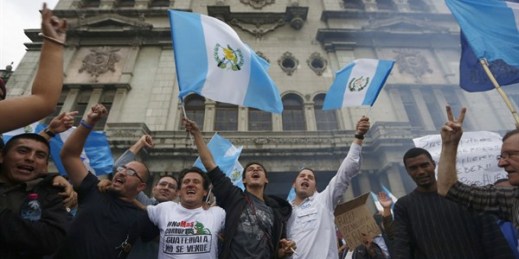
Transparency International released its 2015 rankings on perceptions of corruption today, revealing that public-sector graft remains pervasive around the world. But the report also cited progress that offers some reasons for optimism. The index’s scores draw on expert analysis of citizen perceptions of government accountability and responsiveness, as well as the presence of bribery or embezzlement in public institutions. The U.S. and U.K. improved their scores, and familiar countries—including New Zealand, Switzerland and Canada, as well as those in Scandinavia—filled the top spots. But many usual suspects from Europe to Latin America scored dismally. Corruption has become an increasingly powerful […]

